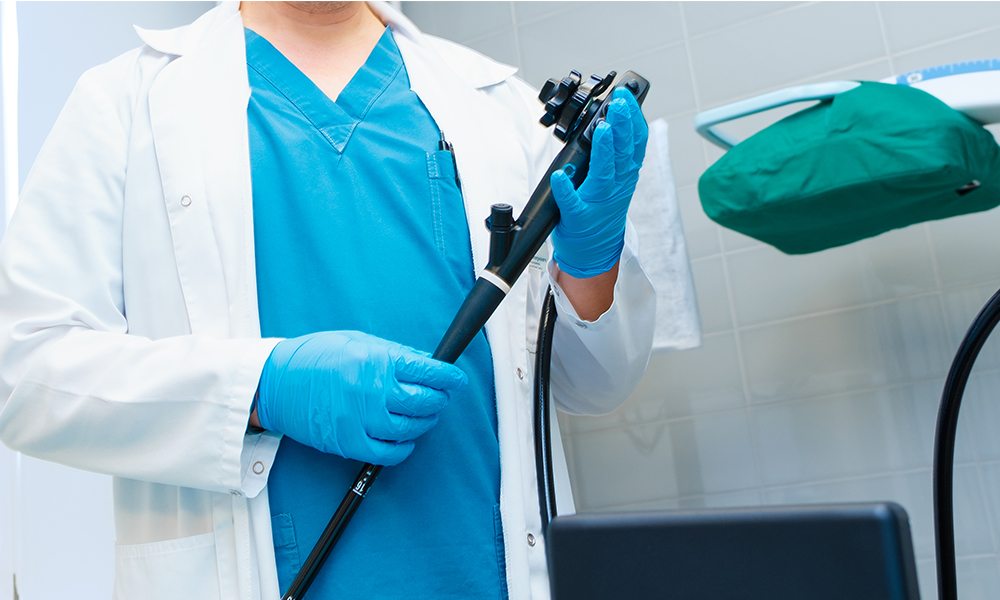-
 Toll Free No 9146-744-744
Toll Free No 9146-744-744 - Appointment
ERCP is a procedure to diagnose and treat problems in the liver, gallbladder, bile ducts, and pancreas. Endoscopic retrograde Cholangiopancreatography (ERCP) is a test that uses a combination of X-rays and an endoscope with an attached camera to insert into the digestive tract. Gastroenterologists use ERCP to identify and treat problems if the patients have symptoms such as jaundice or unexplained abdominal pain which could be the indication of a blockage, tumor, or other problem of your ducts.
Bile and pancreatic ducts lead from the gallbladder and pancreas respectively to the upper part of the small intestine called the Duodenum. ERCP is recommended to check for any blockage in these ducts.



The problems of liver, gallbladder, and bile ducts are addressed by radiology procedures or more advanced surgical procedures and tools by open or laparoscopic surgery, but ERCP is most commonly used because it is less invasive and has a higher success rate.
It should take between a few hours to a few days to heal after an ERCP.
The patient can’t drive for 24 hours after ERCP as the anesthesia used during the procedure needs time to wear off.
The patient may have a sore throat for 1 to 2 days after ERCP.
Many ERCP complications exhibit similar symptoms such as fever, vomiting, and abdominal pain.
An ERCP is considered a low-risk procedure; however, complications can occur. These can include pancreatitis, infections, bowel perforation, and bleeding
You won't feel any pain during the procedure. The doctor makes a small incision (cut) in the abdomen under general anesthesia and locates the bile duct and injects a dye into the duct. The doctor then takes an X-ray, which shows where the stone or blockage is located.
Since the pancreas plays a role in digestion, eating after an ERCP may contribute to complications such as pancreatitis.
Many insurance companies provide coverage for your surgery after a period of few years. Our HospiOne Team can guide you perfectly in this scenario.
OUR PROCESS IS EASY contact us for More information.
Copyright © 2023 hospione.com - All Rights Reserved | Developed by Digital Marketing StudioGenix LLP